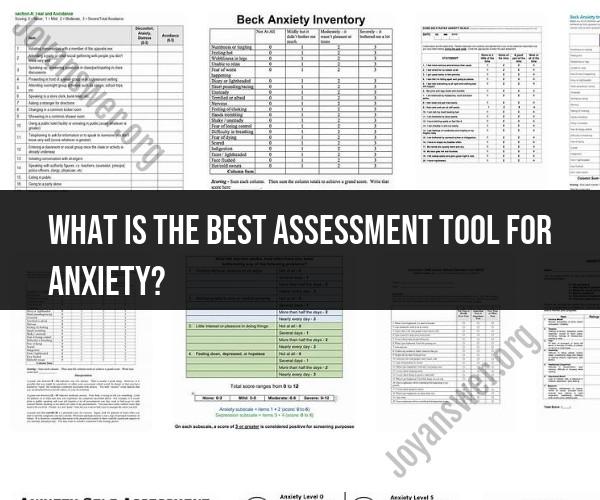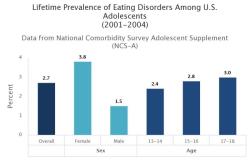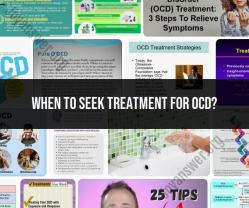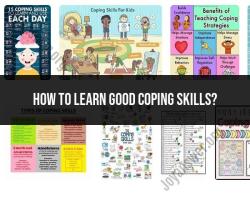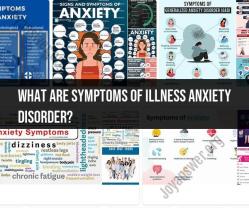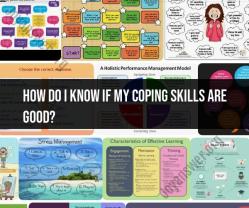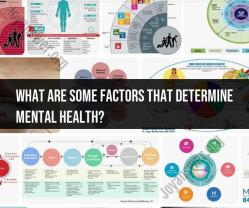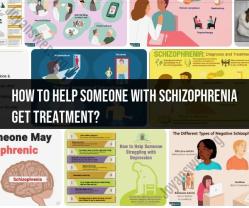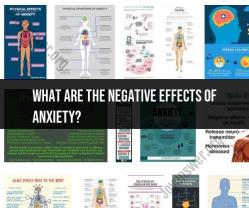What is the best assessment tool for anxiety?
The choice of the best assessment tool for evaluating anxiety depends on various factors, including the specific context, the population being assessed, and the purpose of the assessment. Mental health professionals often use a combination of tools and clinical interviews to provide a comprehensive evaluation of anxiety. Here are some widely used assessment tools for evaluating anxiety:
Generalized Anxiety Disorder 7 (GAD-7): The GAD-7 is a self-report questionnaire used to assess generalized anxiety disorder. It consists of seven questions that assess the frequency and severity of anxiety symptoms over the past two weeks. It's easy to administer and widely used in clinical practice and research.
Patient Health Questionnaire-9 (PHQ-9): While primarily designed to assess depression, the PHQ-9 also includes questions related to anxiety symptoms. It can be a useful tool for assessing comorbid depression and anxiety.
Hamilton Anxiety Rating Scale (HAM-A): This clinician-administered scale is commonly used in research and clinical settings to assess the severity of anxiety symptoms. It evaluates both psychological and physical symptoms of anxiety.
Beck Anxiety Inventory (BAI): The BAI is a self-report assessment tool that measures the severity of anxiety symptoms in adults and adolescents. It consists of 21 questions about common anxiety symptoms.
State-Trait Anxiety Inventory (STAI): The STAI assesses both state anxiety (temporary, situational anxiety) and trait anxiety (long-term, dispositional anxiety). It is used in various clinical and research settings to measure anxiety levels.
Social Phobia Inventory (SPIN): This self-report questionnaire is specifically designed to assess social anxiety disorder. It includes items related to social anxiety symptoms and avoidance behavior in social situations.
Penn State Worry Questionnaire (PSWQ): The PSWQ assesses excessive worry and generalized anxiety. It measures the frequency and intensity of worry and is often used in research on worry and anxiety disorders.
Screen for Child Anxiety Related Disorders (SCARED): The SCARED is a self-report questionnaire designed to assess anxiety symptoms in children and adolescents. It includes both child and parent versions.
State-Trait Anxiety Inventory for Children (STAIC): The STAIC is a child-friendly version of the STAI, designed to assess anxiety in children aged 9 to 12.
Mini International Neuropsychiatric Interview (MINI): While primarily used for psychiatric diagnosis, the MINI includes sections related to anxiety disorders and can be administered by trained professionals.
It's important to note that the choice of assessment tool should be made by a qualified mental health professional based on the individual's specific needs and clinical context. These tools are valuable for screening and assessing anxiety, but they are not a substitute for a comprehensive clinical evaluation conducted by a trained therapist or psychiatrist. A thorough assessment considers a person's medical history, psychological history, and individual circumstances to make an accurate diagnosis and treatment plan.
Choosing the Right Tool: Selecting the Best Assessment for Measuring Anxiety
There are a variety of anxiety assessment tools available, each with its own strengths and weaknesses. When selecting an assessment tool, it is important to consider the following factors:
- The purpose of the assessment. What information do you need to gather? Are you screening for anxiety, diagnosing anxiety, or assessing the severity of anxiety?
- The population being assessed. Who are you assessing? Are they children, adults, or older adults? Do they have any other mental health conditions?
- The time and resources available. How much time and resources do you have to conduct the assessment?
Once you have considered these factors, you can start to narrow down your choices. Here is a brief overview of some popular anxiety assessment tools:
- Generalized Anxiety Disorder 7-item scale (GAD-7): The GAD-7 is a brief self-report questionnaire that screens for and assesses the severity of generalized anxiety disorder (GAD).
- Hamilton Anxiety Rating Scale (HAM-A): The HAM-A is a clinician-administered interview that assesses the severity of anxiety symptoms.
- Beck Anxiety Inventory (BAI): The BAI is a self-report questionnaire that measures the severity of anxiety symptoms.
- Zung Self-Rating Anxiety Scale (SAS): The SAS is a self-report questionnaire that measures the severity of anxiety symptoms.
A Comprehensive Guide to Anxiety Assessment Instruments
If you are interested in learning more about anxiety assessment instruments, there are a number of resources available. The Anxiety and Depression Association of America (ADAA) has a comprehensive guide to anxiety assessment instruments that can be downloaded for free. The National Institute of Mental Health (NIMH) also has a number of resources on anxiety assessment, including a list of validated anxiety assessment instruments.
Pros and Cons of Popular Anxiety Assessment Tools
GAD-7
- Pros: Brief, easy to administer, and self-report
- Cons: Does not assess all symptoms of anxiety, may not be accurate for people with other mental health conditions
HAM-A
- Pros: Comprehensive assessment of anxiety symptoms, can be used to diagnose anxiety
- Cons: Time-consuming to administer, requires training to administer and score
BAI
- Pros: Comprehensive assessment of anxiety symptoms, can be used to diagnose anxiety
- Cons: Time-consuming to complete, may not be accurate for people with other mental health conditions
SAS
- Pros: Brief, easy to administer, and self-report
- Cons: Does not assess all symptoms of anxiety, may not be accurate for people with other mental health conditions
Conclusion
There is no single best anxiety assessment tool. The best tool for you will depend on your individual needs and the purpose of the assessment. If you are unsure which tool to choose, it is best to consult with a mental health professional.
